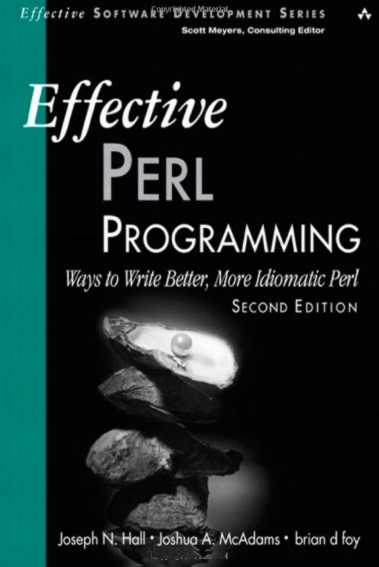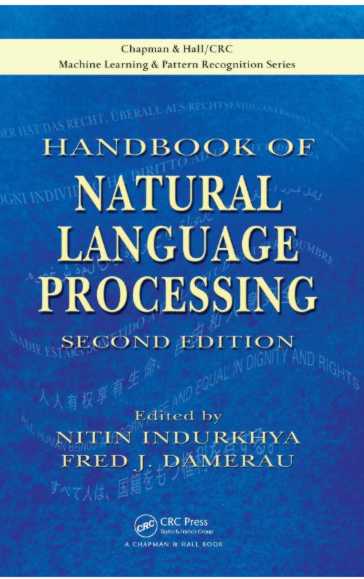| Top 10 Books of 2010 |
| Tuesday, 18 January 2011 | ||||
Page 2 of 3
Having described it as "a really enjoyable book - it's short, easy-to-read and you are likely to learn something from every page", Mike James conclusion about JavaScript Patterns another O'Reilly book was that "This is now my official number one intermediate to advanced Javascript book - highly recommended." In the review he explained: "The good thing about this book is that it doesn' t attempt to bully you into using a particular pattern or approach. It describes the pros and cons of a range of approaches and then concludes that one of them is likely to better - even if only very slightly better in many cases. As long as you know enough Javascript and programming in general to appreciate the arguments than this is a very enjoyable book that can't help but improve the quality of the code you produce."
You might be surprised to find the Handbook of Natural Language Processing from Chapman and Hall/CRC at number 5 in our list on the grounds that it is an expensive hardback - a collection of essays aimed at an academic audience. Part of the reason for its inclusion is the subject matter As explained in he review: "Natural Language Processing (NLP) is something of a hot topic at the moment because of the success of the statistical approach." but the main explanation is that it is an excellent and highly readable introduction that represents "a good way to get into NLP."

The enthusiasm of our book reviewers for their chosen subject areas is often apparent and Nikos Vaggalis' review of Effective Perl Programming (Addison Wesley) is a good example of this - and it also break records for being a long review! According to Nikos: "Perl is a high-level, rich and context-sensitive language that lets you express coding in many flexible and agile ways, (as they say, There Is More Than One Way To Do It), by taking advantage of its relaxed rules and un-restrictive nature." He tells us that: "The book is targeted at the intermediate Perl programmer who wants to take coding to a higher level" and then goes on to show how specific sections of the book will help you avoid gotchas, discover hidden features, idioms, shortcuts and optimisations and be introduced to best practices. He also looks at the role of the book as a reference guide and concludes that the book is; "a showcase of Perl's abilities and could easily become Perl's ambassador when you want to demonstrate what Perl is capable of." |
||||
| Last Updated ( Saturday, 22 January 2011 ) |


